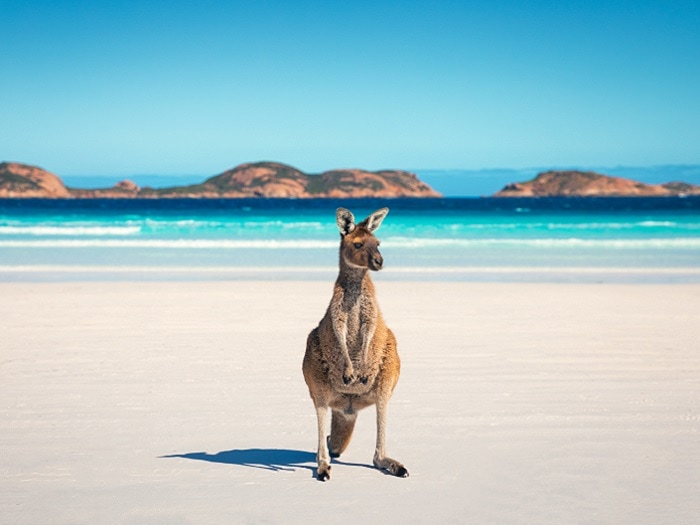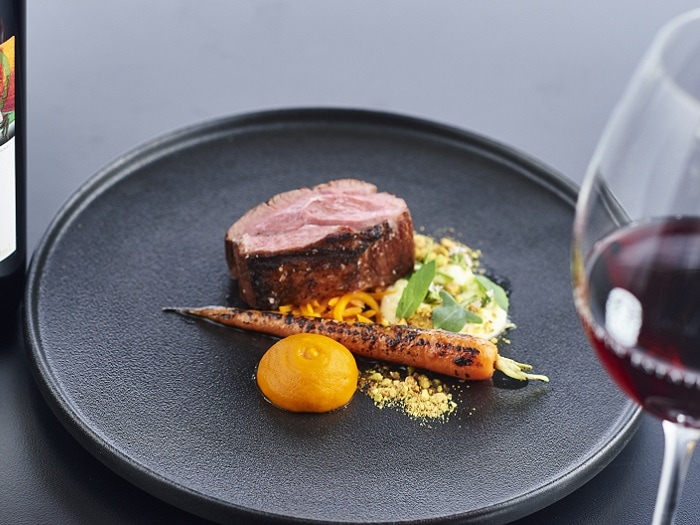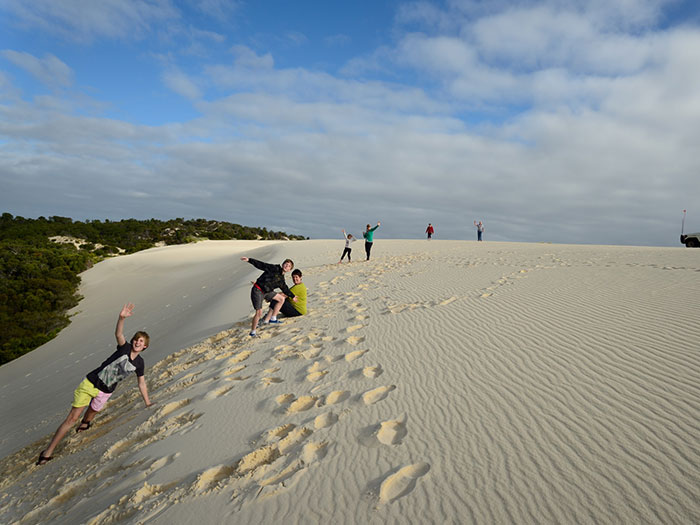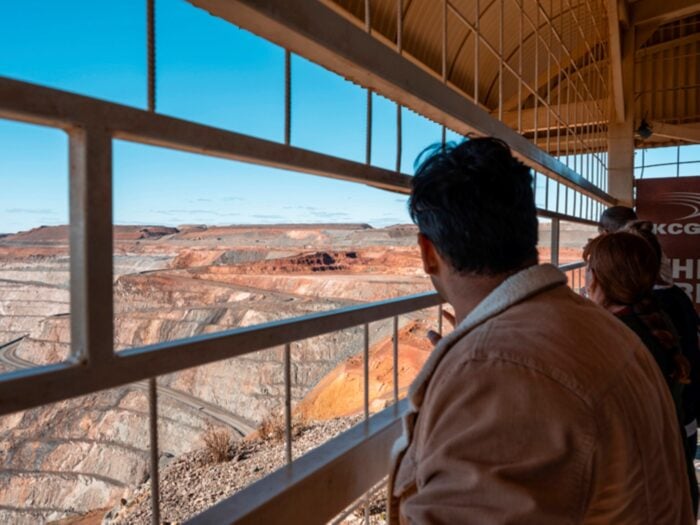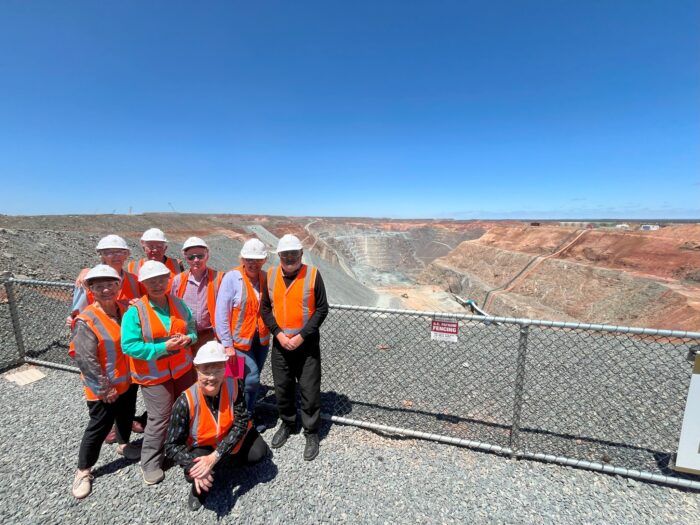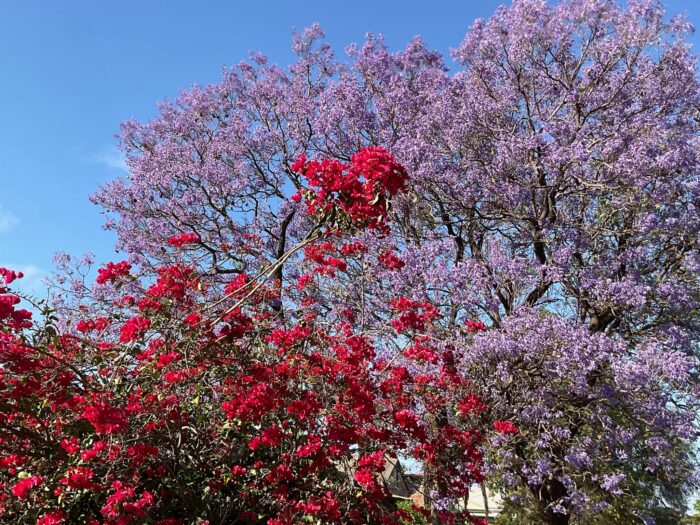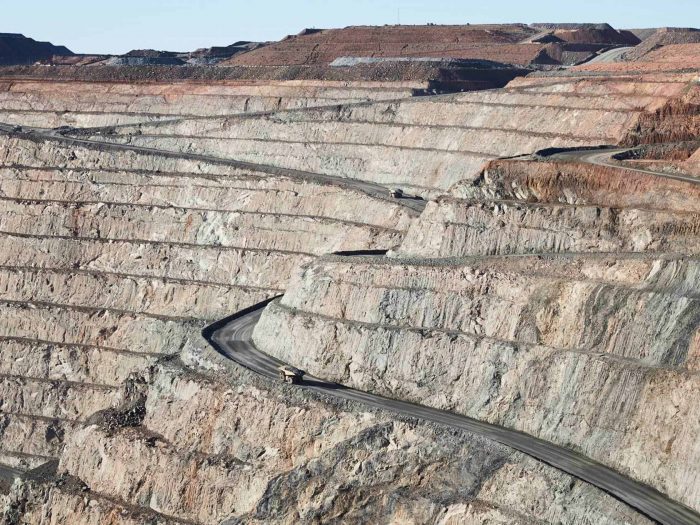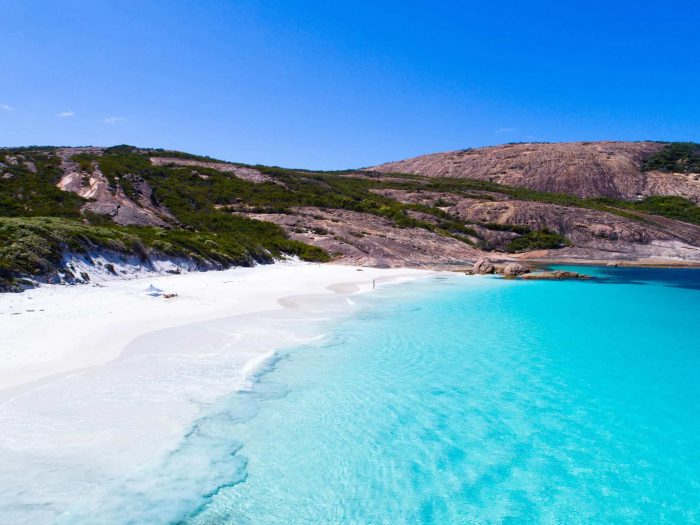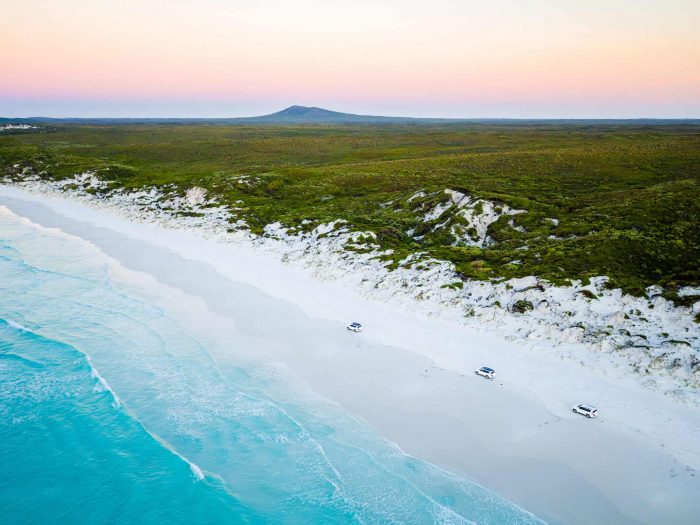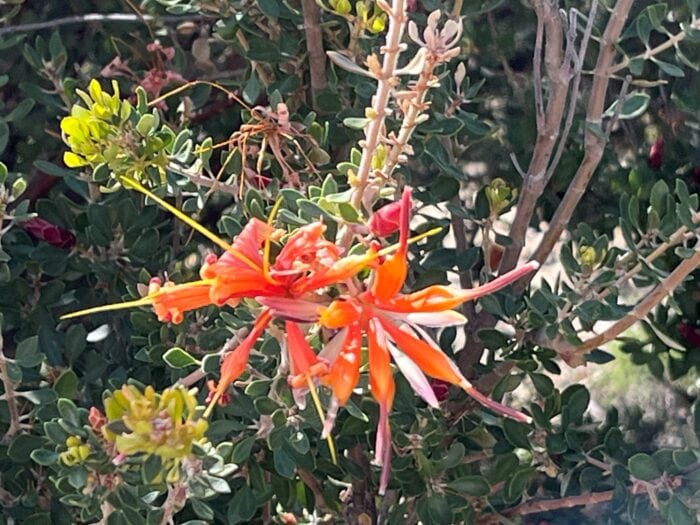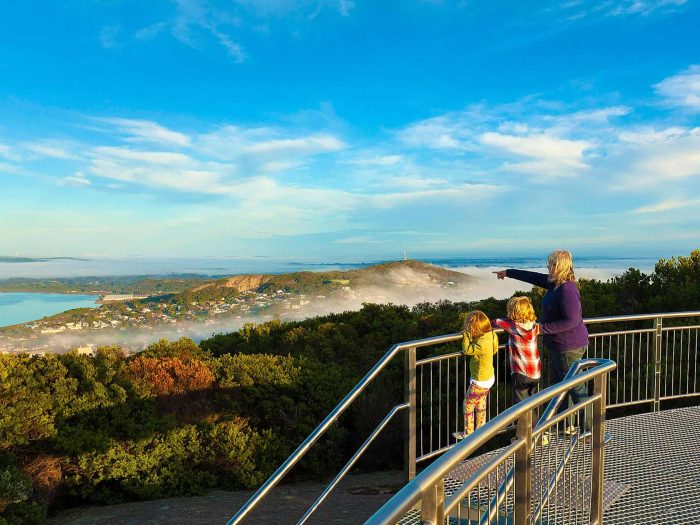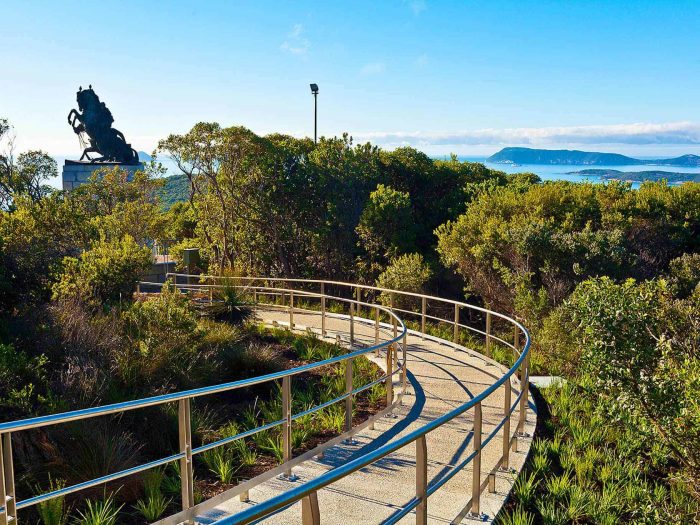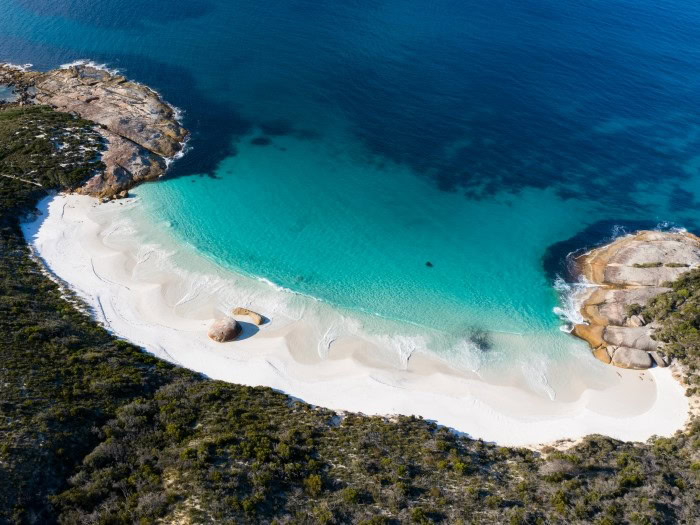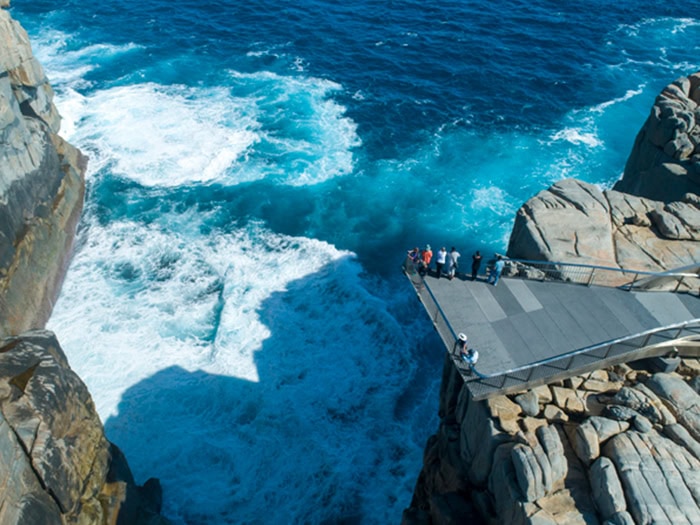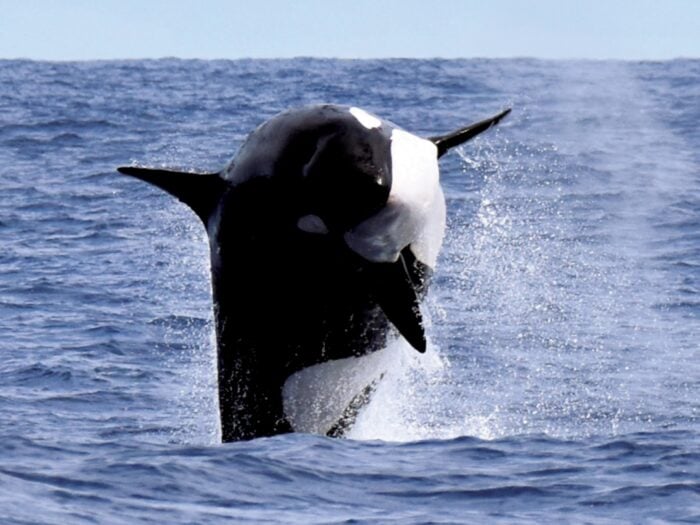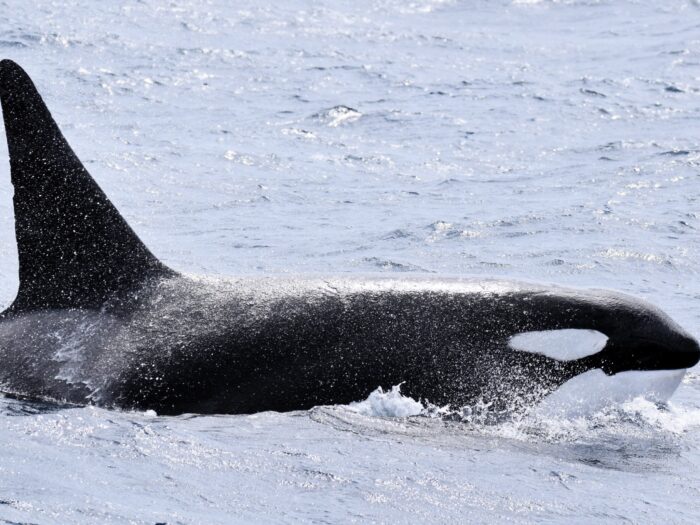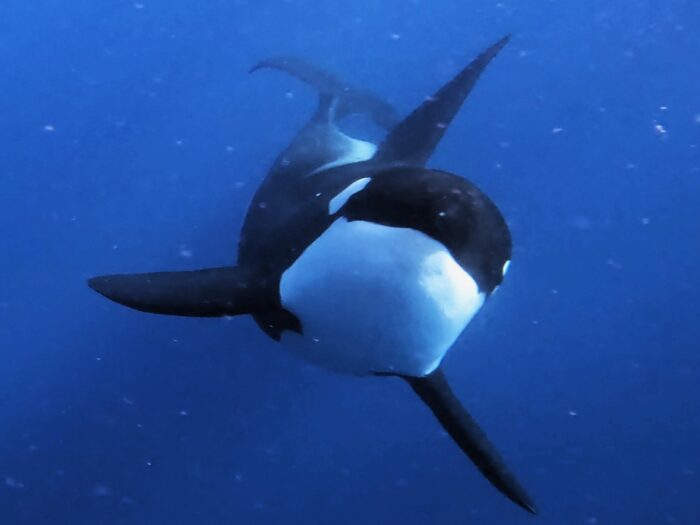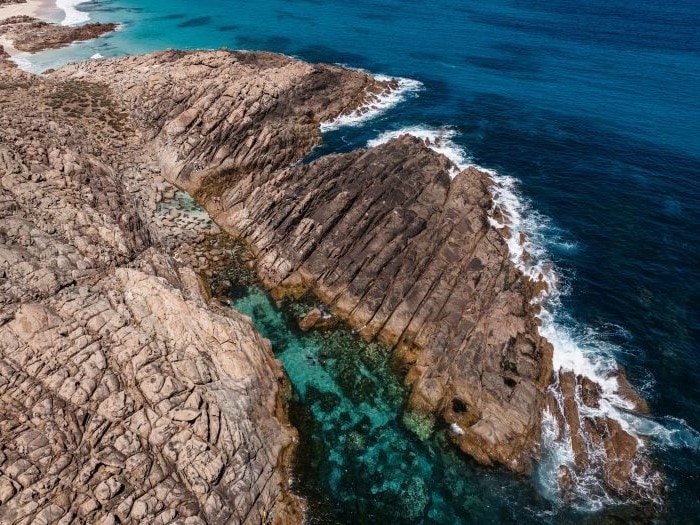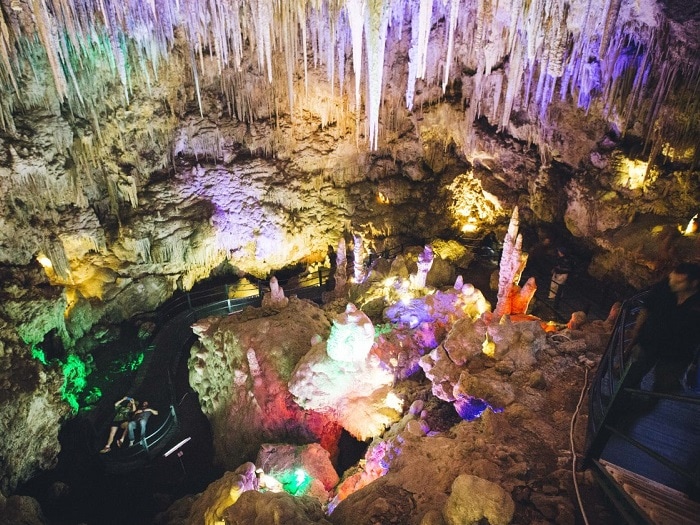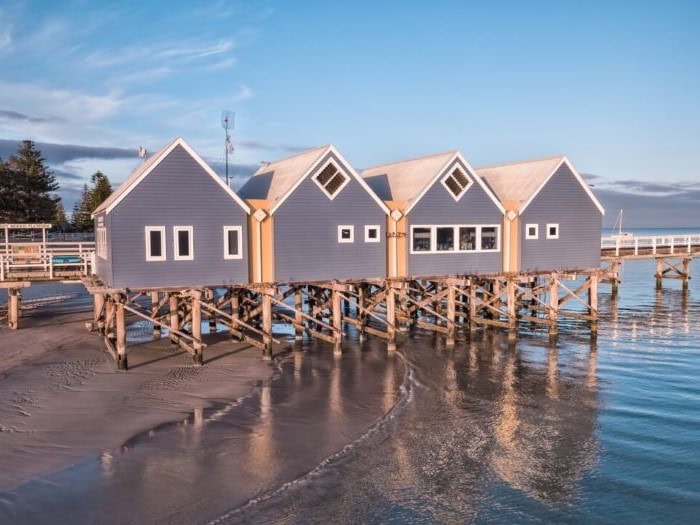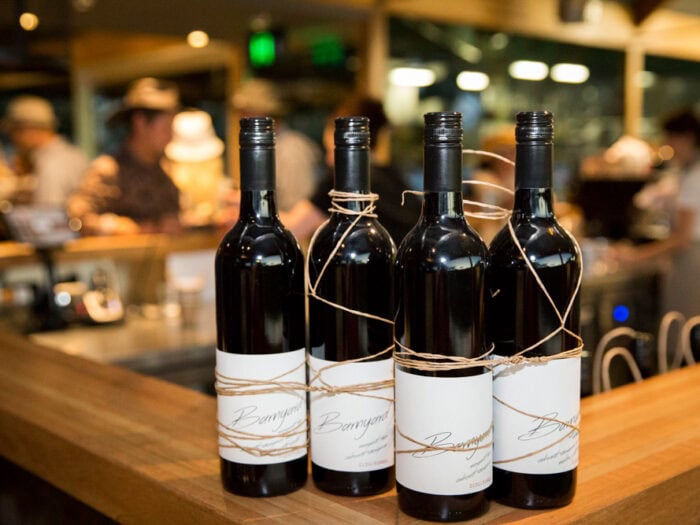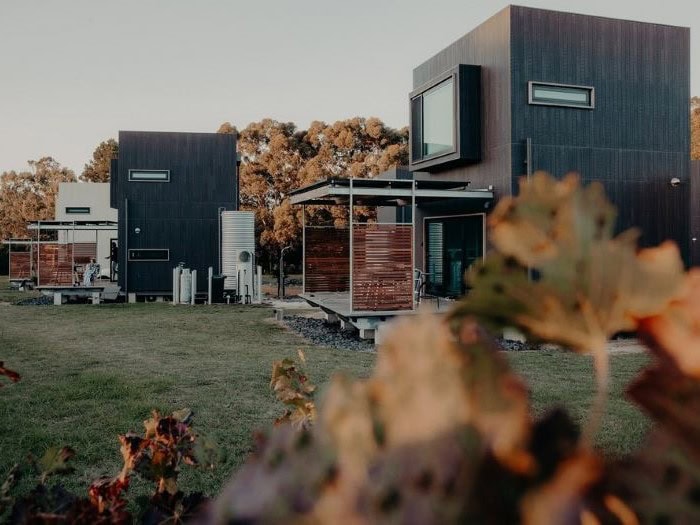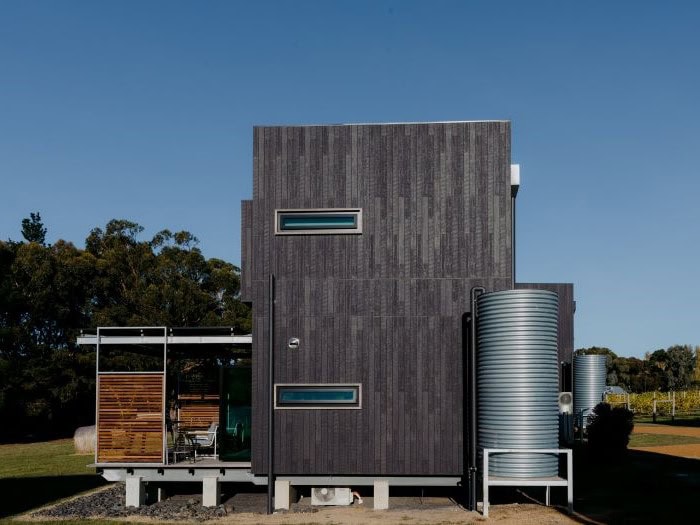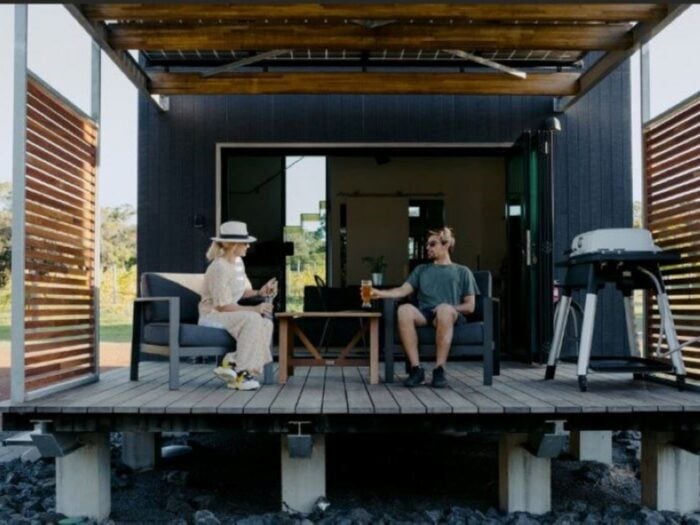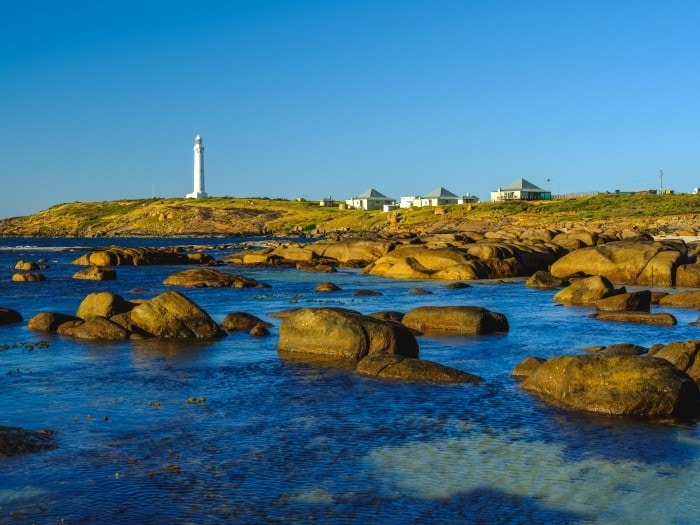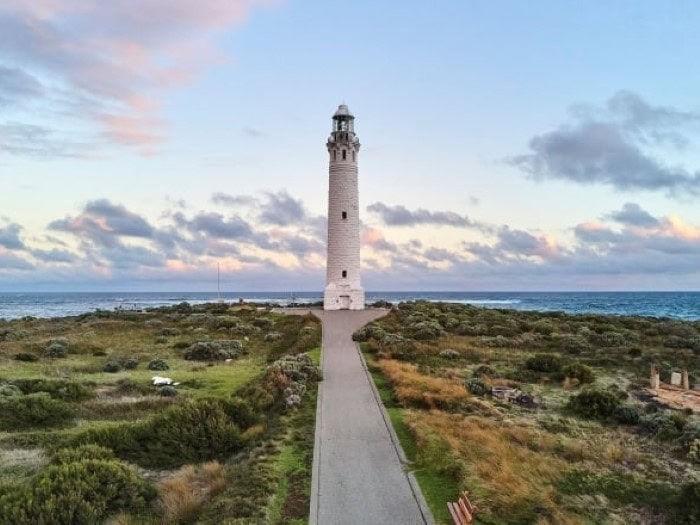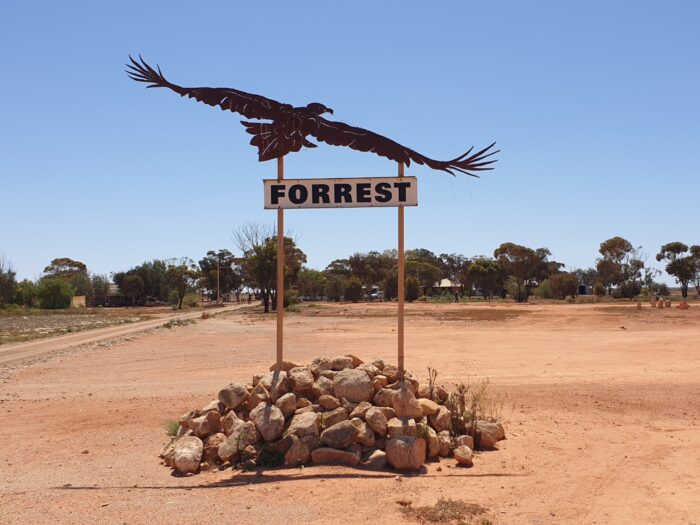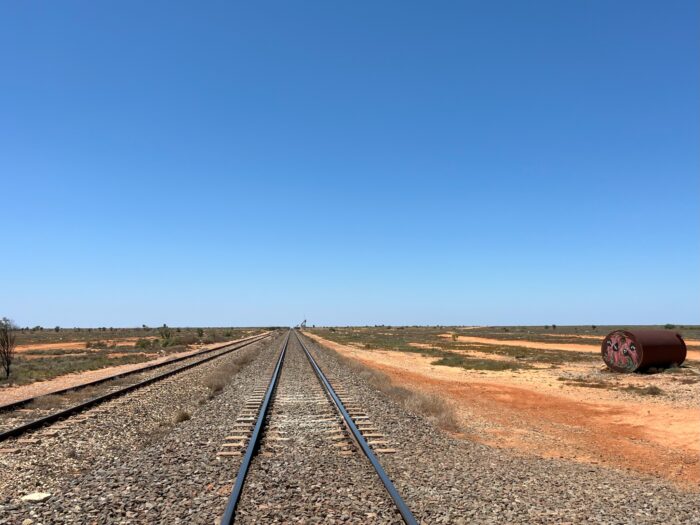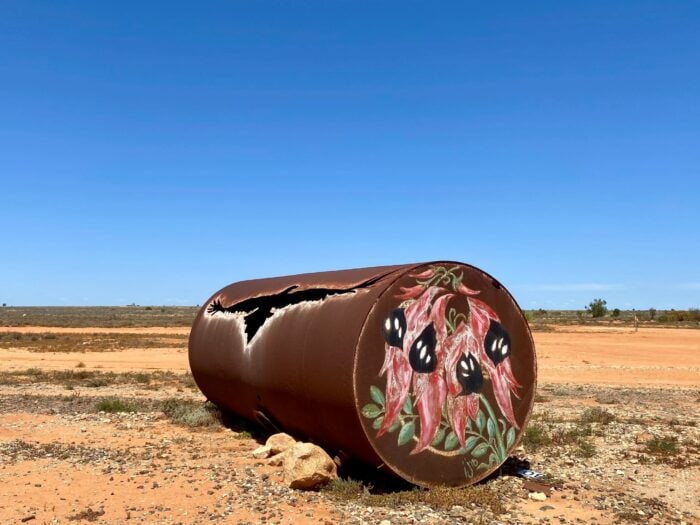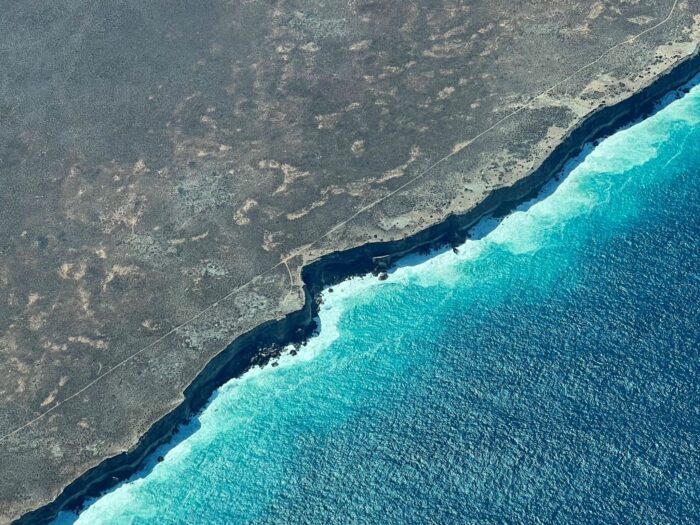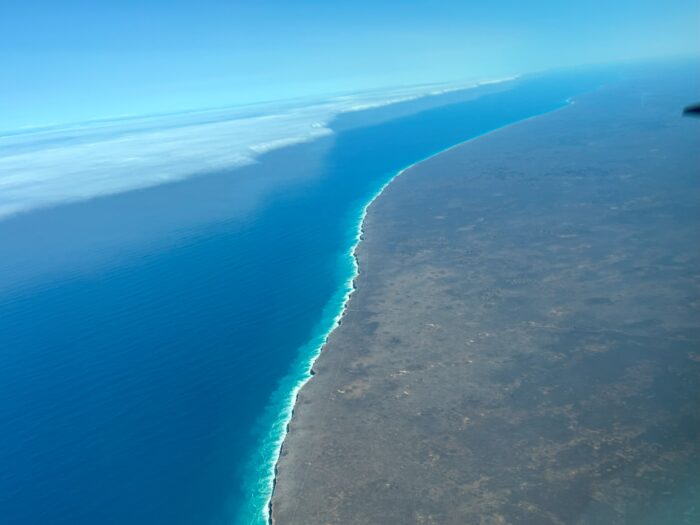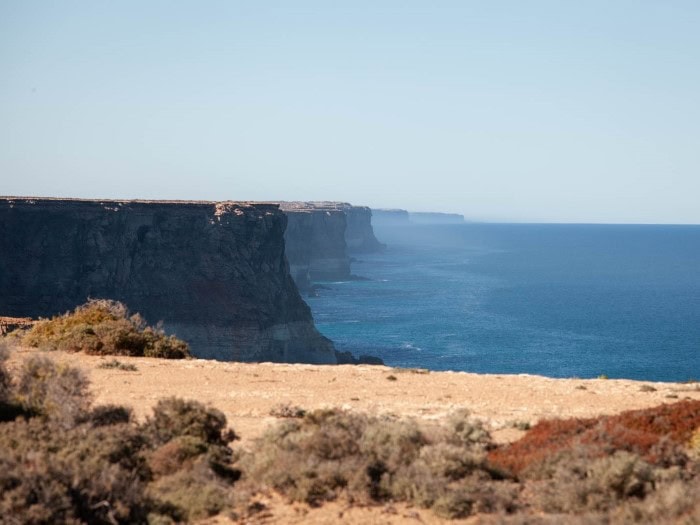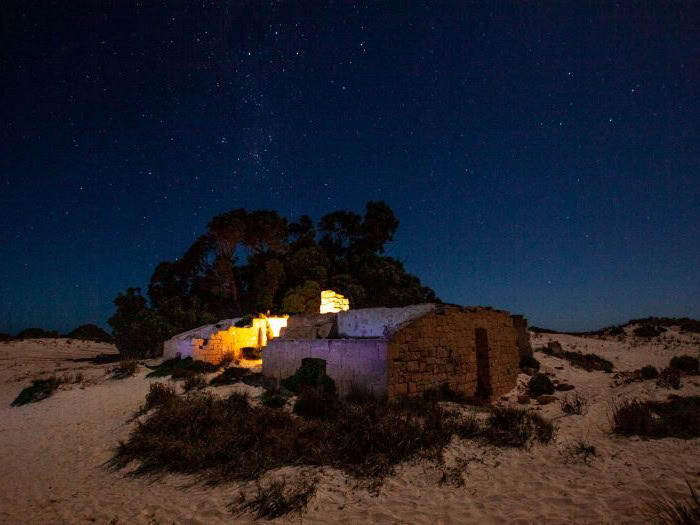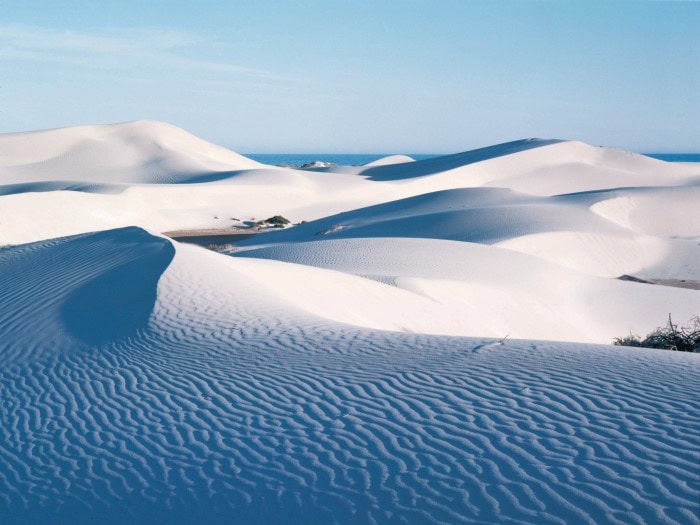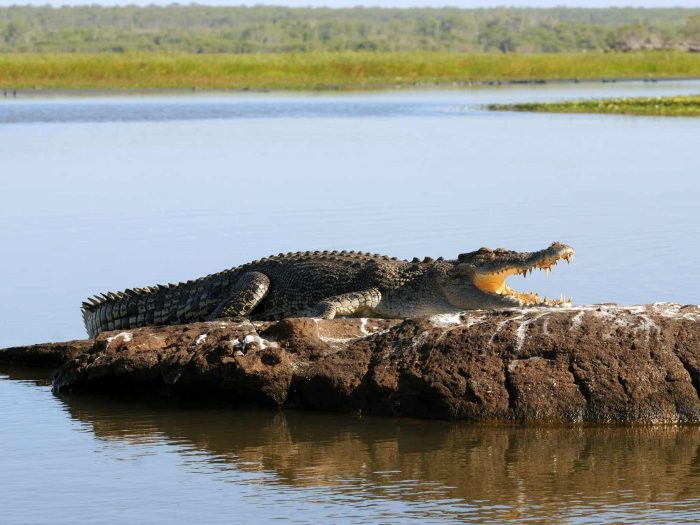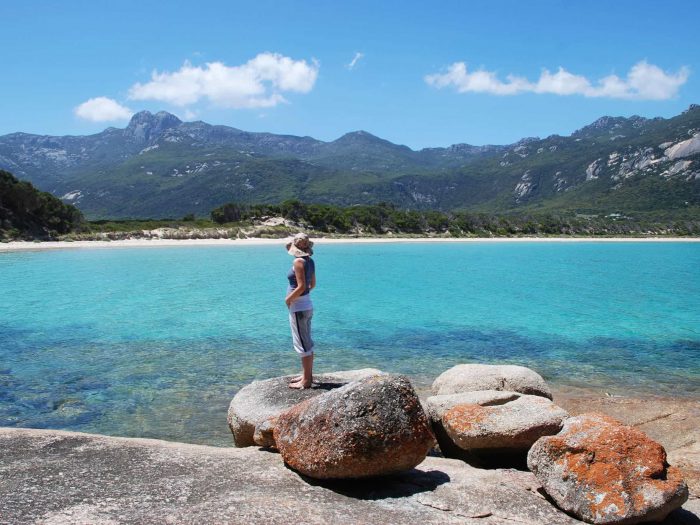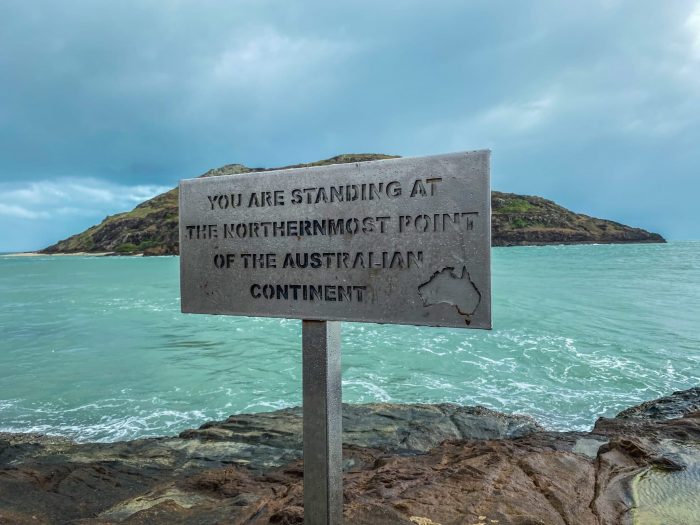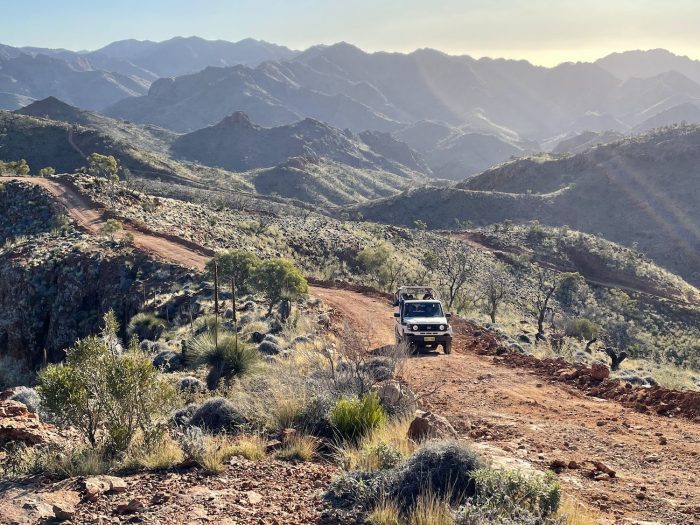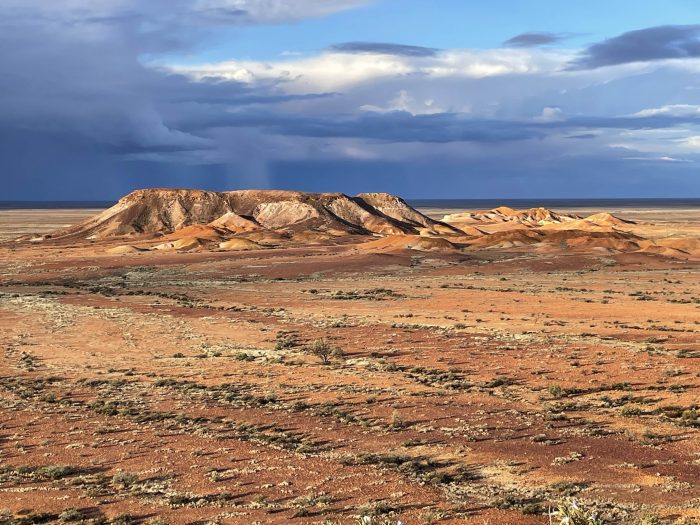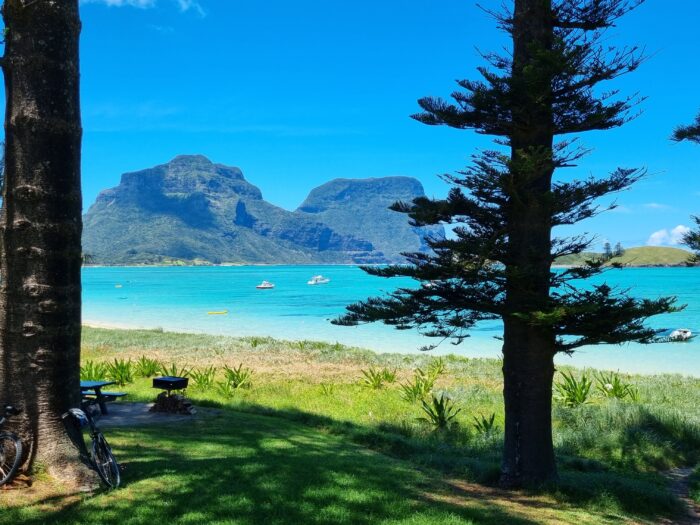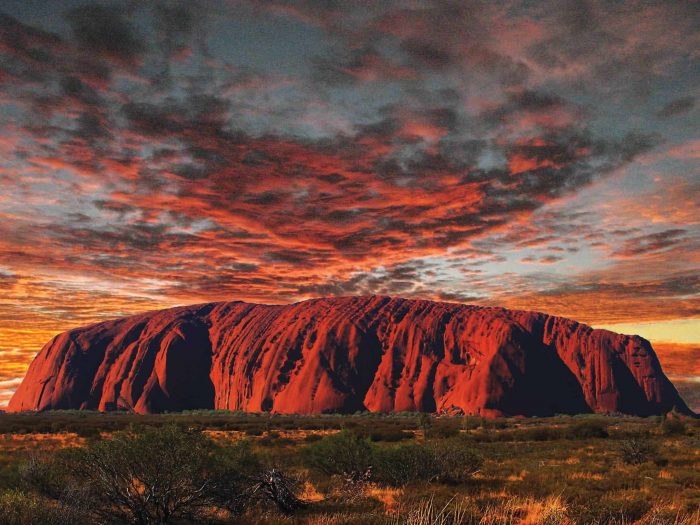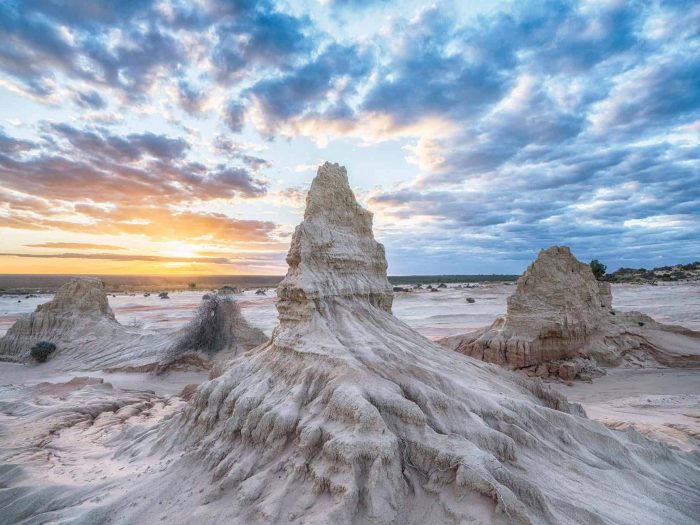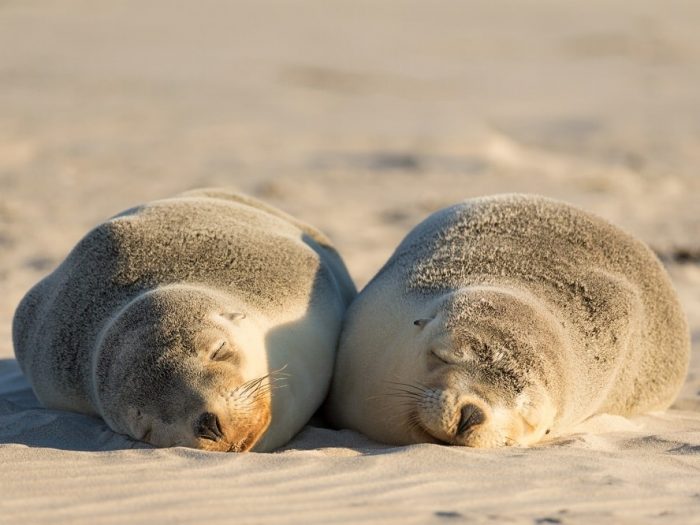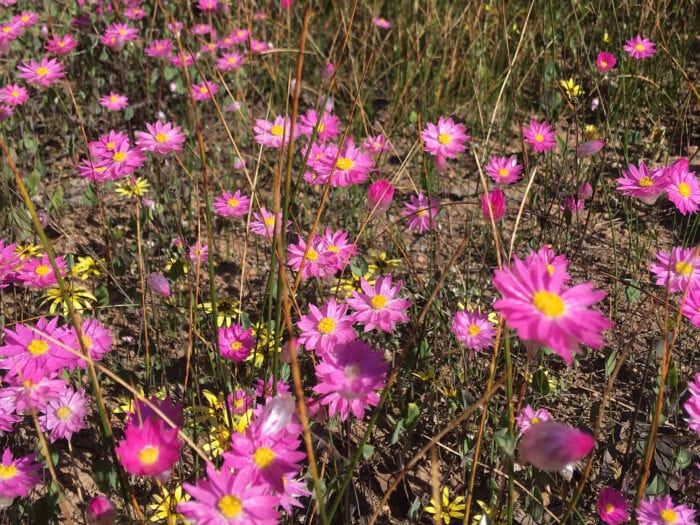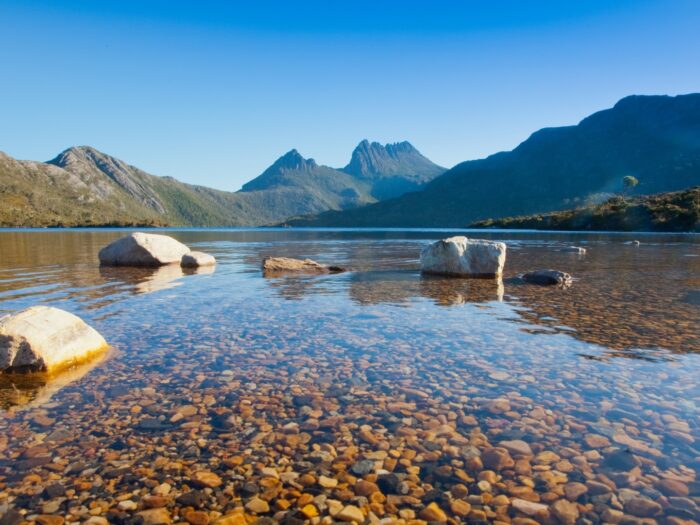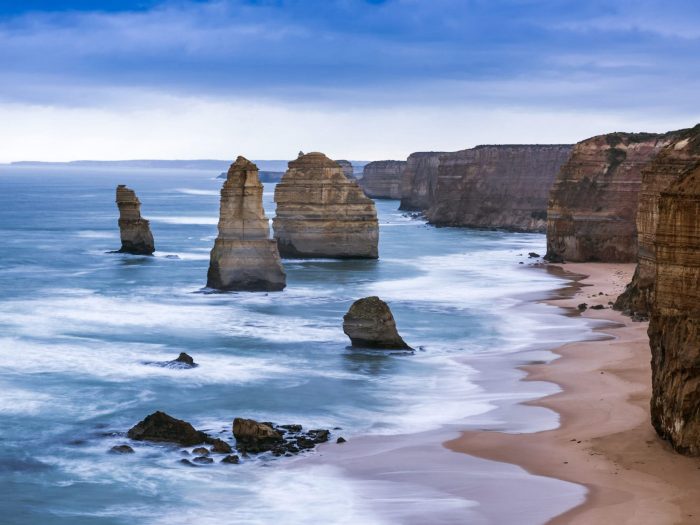Southern Western Australia
The south-west area of Western Australia is huge. It includes a number of main regions: the Goldfields and Esperance region, Margaret River which includes Albany, and of course, the Great Australian Bight including Eucla, Forrest and some of the Nullarbor.
Colourful wildflowers, stunning landscapes, mining towns, wineries, indigenous culture - there's something for everyone!
Kalgoorlie-Boulder
Kalgoorlie is in the GoldFields-Esperance region. There is nowhere in the world like Kalgoorlie. Nestled amongst majestic architecture, this buzzing community of around 30,000 people maintain their outback lifestyle with pride and energy.
Experience both past and present here, by exploring an old mine shaft and touring the awesome Super Pit covering eight square kilometres — Australia’s largest open cut mine.
During the wildflower season (July to September), the rugged goldfields scenery puts on an unrivalled floral display. The area’s salt lakes, granite formations, and Aboriginal rock art add to the natural drama throughout the year.
Tours featuring Kalgoorlie-Boulder:
Wildflowers & Wilderness
Esperance
Esperance is a beautiful coastal town located 720 km south-east of Perth and about 4.5 hours from Albany. Featuring the most stunning coastal scenery, visitors can enjoy squeaky white sand and turquoise water.
Roughly translated, Esperance is French for hope, and it’s the French who are credited with the town’s discovery, naming, and other local landmarks whilst sheltering from a storm in this area in 1792. Ten years on, Matthew Flinders sailed the glorious waters of the Bay of Isles, discovering and naming gems such as Lucky Bay and Thistle Cove. Whalers, sealers and pirates followed, as did pastoralists and miners, keen to cash in on free land and the gold boom to the North at Kalgoorlie. Today, tourism, agriculture, and fishing steer the economy of this stunning coastal community.
There are five national parks around Esperance. The Cape Le Grand National Park is only 56 km from the town centre, and this is where you can see kangaroos lazing on the beach. Further east is Cape Arid, also a popular spot for camping, fishing and hiking.
Tours featuring Esperance:
Southern Wildlife Air Safari
Wildflowers & Wilderness
Albany
Albany is a port city in the Great Southern region of Western Australia, some 418 km south-east of Perth. The town has an important role in the ANZAC legend, being the last port of call for troopships departing Australia in the First World War.
Tour the native bushland of Torndirrup National Park, walking amongst peppermint trees, acacias and banksia in the rich coastal heathland. At the iconic Gap and Natural Bridge, feel the exhilarating force of crashing waves on rock. Learn about the Manang heritage and cultural traditions at Corndaup (Mt Clarence).
Tours featuring Albany:
Southern Wildlife Air Safari
Wildflowers & Wilderness
Bremer Bay
Bremer Bay is famous as being the best place to spot orca in Australia. Cruise to the edge of the continental shelf on a purpose built vessel to discover the ocean’s apex predator, the Bremer Bay orca (killer whale). The Bremer Canyon Sub-Basin is host to the largest congregation of top-of-the-food-chain orcas in the Southern Hemisphere, with multiple family pods calling this stretch of coastline home.
Tours featuring Bremer Bay:
Southern Wildlife Air Safari
Margaret River
The Margaret River region is renowned worldwide for its wineries, food and magnificent scenery.
The historic 1.841km Busselton Jetty, the longest timber-piled jetty in the southern hemisphere, reaches out into Geographe Bay.
Learn from the Wadandi people in ancient Ngilgi Cave.
Indulge at Leeuwin Estate or any number of other wineries and small breweries dotted around this region.
Tours featuring Margaret River:
Wildflowers & Wilderness
Barn Hives
Barn Hives in Yallingup offer stunning eco-luxury pods focusing on sustainability and utmost care for the environment. Each pod boasts a two-story open-plan living space, a private deck with a view of the surroundings, sunrise and sunset skies.
The onsite Barnyard 1978 winery and restaurant offers casually contemporary style dining, Cellar Door & Barn Store.
Cape Leeuwin
Cape Leeuwin is the most south-westerly mainland point of the Australian Continent, near Augusta, south of Margaret River. The Cape Leeuwin Lighthouse stands at the point where the Indian and Southern Oceans meet.
Tours featuring Cape Leeuwin:
Wildflowers & Wilderness
Forrest
Forrest is a small settlement and railway station on the Trans-Australian Railway in Western Australia. At the 2006 census, Forrest had a population of 18. The township consists of six cottages once used by DCA staff and personnel operating the Bureau of Meteorology weather station.
As a fuel and lunch stop while crossing the Nullarbor, Forrest is quite unique!
Tours featuring Forrest:
Southern Wildlife Air Safari
Wildflowers & Wilderness
Great Australian Bight
The coastline of the Great Australian Bight is characterised by cliff faces (up to 60 m high), surfing beaches, and rock platforms — ideal for whale-watching. The waters of the Great Australian Bight, despite being relatively shallow, are not fertile. While most continental shelves are rich in sea life and make popular fishing areas, the barren deserts north of the bight have very little rainfall, and what there is mostly flows inland, to dissipate underground or in salt lakes. It is probably best noted for the large number of sharks that frequent its coastal waters, as well as the increasing numbers of Southern Right Whales that migrate within the region.
Tours featuring the Great Australian Bight:
Southern Wildlife Air Safari
Wildflowers & Wilderness
Eucla
Eucla is the easternmost locality in Western Australia, located in the Goldfields-Esperance region of Western Australia along the Eyre Highway, approximately 11 km west of the South Australian border. Eucla was established in 1877 as a manual repeater station for the Overland Telegraph.
A jetty and a one km tram line was constructed for offloading supplies to this remote area. At the time, both the South and Western Australian colonial administrations operated out of Eucla’s telegraph station. Before the invention of Morse Code, South Australian staff employed what was known as the 'Victorian Alphabet', and Western Australian telegraphers used what was known as the 'Universal Code.


